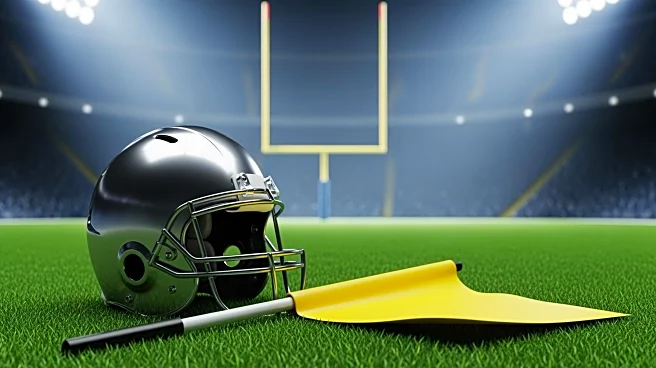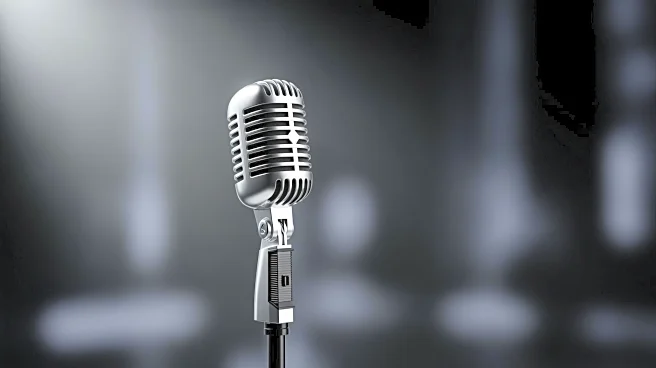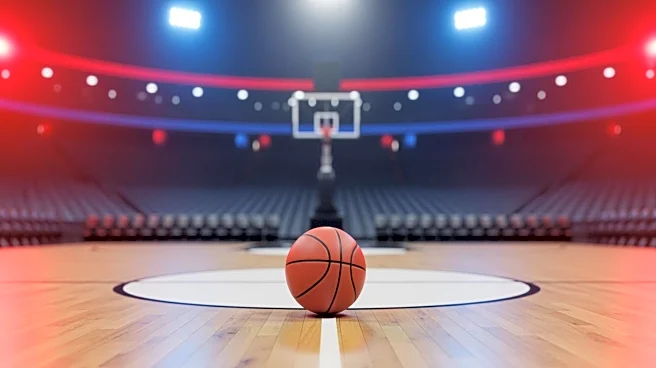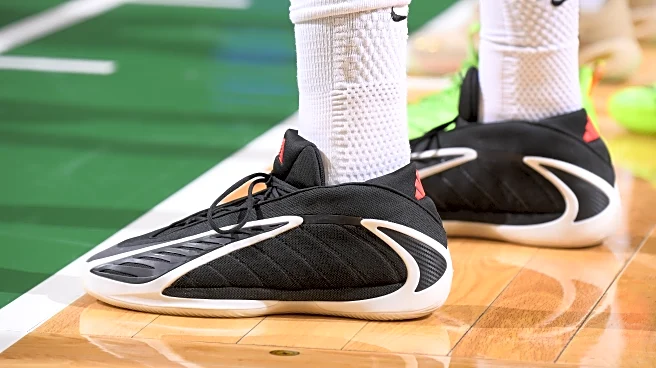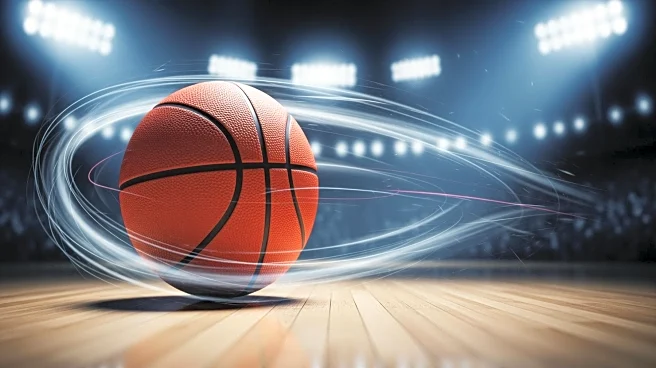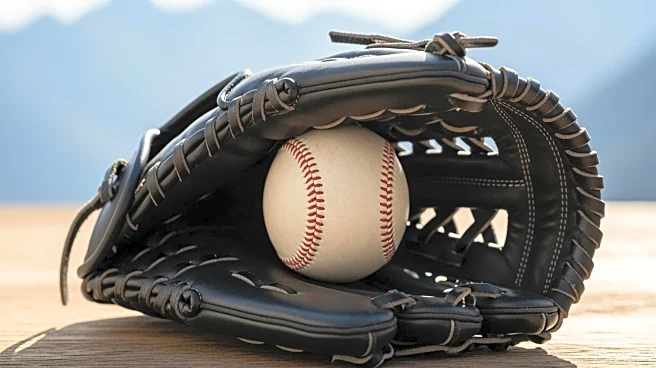What's Happening?
During the recent NFL game between the Green Bay Packers and the Arizona Cardinals, Packers linebacker Quay Walker was fined $17,389 by the NFL for a hit on Cardinals quarterback Jacoby Brissett. The hit was deemed a blow to the head/neck area, which
is considered a violation of the league's rules designed to protect players from unnecessary risks. The game ended with a close score of 27-23 in favor of the Packers, despite the Cardinals having more possession time and yardage. The NFL regularly imposes fines on players for actions that compromise player safety and game integrity, as part of an agreement with the NFL Players Association.
Why It's Important?
The fine imposed on Quay Walker highlights the NFL's ongoing efforts to enhance player safety, particularly concerning hits on quarterbacks. Such measures are crucial in maintaining the integrity of the game and ensuring the well-being of players. The funds collected from these fines are directed towards the Professional Athletes Foundation and the NFL Foundation, supporting health, safety, and wellness initiatives for athletes at various levels. This incident underscores the league's commitment to reducing dangerous plays and protecting its players, which is vital for the sport's reputation and the safety of its participants.
What's Next?
The NFL's decision to fine Quay Walker may prompt teams and players to be more cautious in their gameplay, especially regarding hits on quarterbacks. As the league continues to enforce strict penalties for rule violations, players and coaches might adjust their strategies to avoid costly fines and potential suspensions. The focus on player safety could lead to further discussions and potential rule changes aimed at minimizing high-risk plays. Stakeholders, including team management and player associations, are likely to engage in dialogue to balance competitive play with safety concerns.
Beyond the Headlines
The incident involving Quay Walker's fine may also spark broader conversations about the ethical responsibilities of professional sports leagues in safeguarding their athletes. As awareness of sports-related injuries grows, particularly concussions, the NFL's actions could influence other sports organizations to adopt similar measures. This could lead to a cultural shift in how physicality is managed in sports, prioritizing long-term health over immediate competitive advantages.
